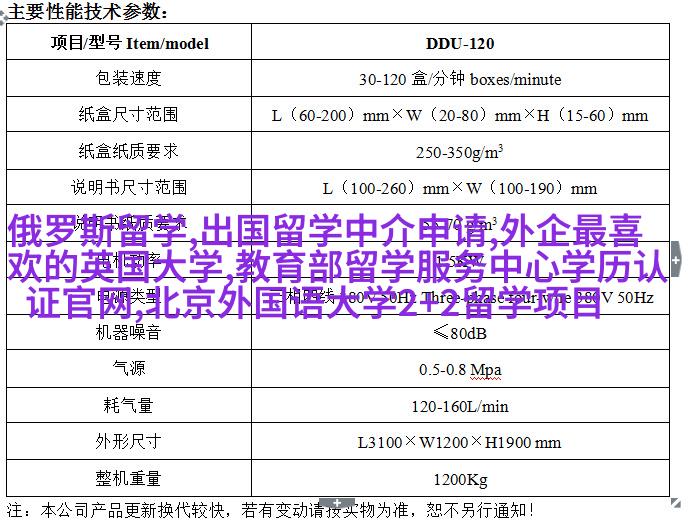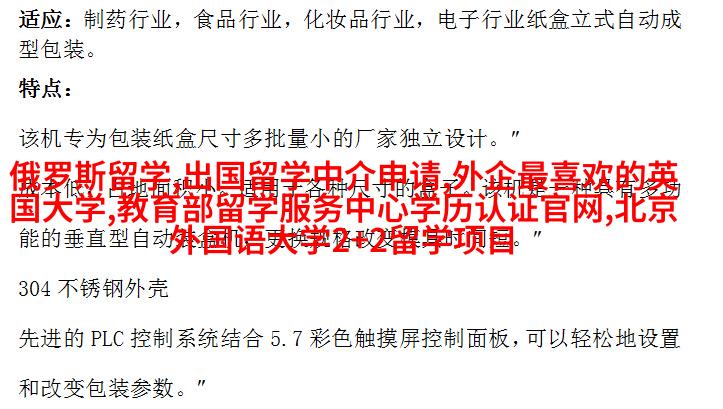日本疫情的快速反弹背后有哪些原因
随着全球新冠病毒大流行持续发酵,世界各国均在与之抗争。日本作为东亚地区的一员,其疫情防控工作也备受关注。近期,一段时间内,日本疫情似乎出现了反弹,这引起了国内外观众对其应对措施和防控策略的广泛讨论。在此,我们将深入探讨这一现象背后的原因,并分析其对社会经济影响。

首先,从人口密集程度来看,日本是世界上人口最稠密的国家之一。这意味着一旦病毒传播到这里,就容易迅速蔓延至其他区域。尤其是在繁忙的大都市如东京和大阪等地,更难以有效控制人员流动,从而加剧了病毒传播速度。此外,由于城市规划紧凑且住宅面积有限,使得居住环境不利于保持社交距离,这也是导致疫情反弹的一个重要因素。
其次,尽管日本政府及时采取了一系列严格的公共卫生措施,但这些措施并未能完全阻止病毒的传播。例如,对新型冠状病毒进行检测、隔离以及实施封锁政策等,都在一定程度上帮助减缓了疫情发展。但是,在执行过程中也存在一些问题,如检测资源不足、隔离条件差以及封锁政策执行不力等,这些都可能为病毒提供了再次扩散的机会。

再者,与国际关系紧密相连的是全球供应链中的断裂。在全球化背景下,大多数商品都依赖于跨国运输,因此当某个国家或地区因为疫情而实施封锁或限制进口时,将会造成整个国际供应链受到冲击。这对于依赖进口产品的国家来说尤为敏感,而这正是现在许多国家面临的问题,其中包括中国、日本及其它亚洲国家。
此外,不同文化背景下的行为习惯也会影响到防控效果。一种常见的情况就是部分人群对于戴口罩、保持社交距离等基本防护措施持谨慎态度或者拒绝遵守。这不仅体现出个人意识层面的挑战,也直接影响到了整体公共卫生安全水平。

最后,还有一点需要特别提及,那就是科学研究上的挑战。虽然从2019年底开始,一场全人类共同参与的大规模科研攻势已经展开,但新型冠状病毒仍然是一个不断变化和适应环境能力强大的生物体。当我们认为掌握了一定的知晓度之后,它却又突变成新的株系,这迫使医疗系统不得不重新调整治疗方案,同时提高警觉性,以应对潜在风险。
综上所述,Japan's COVID-19 resurgence is a complex issue that involves demographic, public health, international relations and scientific challenges. While the government has taken various measures to control the spread of the virus, it is clear that there are still many factors at play that need to be addressed in order to effectively mitigate this ongoing crisis.

The Japanese government must continue to work closely with international partners to share information and coordinate efforts in fighting this global pandemic. At the same time, they also need to address domestic issues such as improving healthcare infrastructure and raising public awareness about proper hygiene practices. By taking these steps, Japan can better position itself for long-term success in managing its COVID-19 situation and ultimately emerging stronger from this global health challenge.
In conclusion, understanding why Japan's COVID-19 cases have surged recently requires a nuanced analysis of multiple interconnected factors. It is only by acknowledging these complexities that we can begin working towards effective solutions for all nations grappling with this unprecedented public health crisis.

By analyzing how different countries respond differently based on their unique circumstances and resources will help us gain valuable insights into how best combat future pandemics while protecting individual rights like freedom of movement or privacy concerns related to data collection for contact tracing purposes without sacrificing overall societal well-being during times when personal freedoms may be restricted due strictly necessary reasons (such as preventing further transmission).